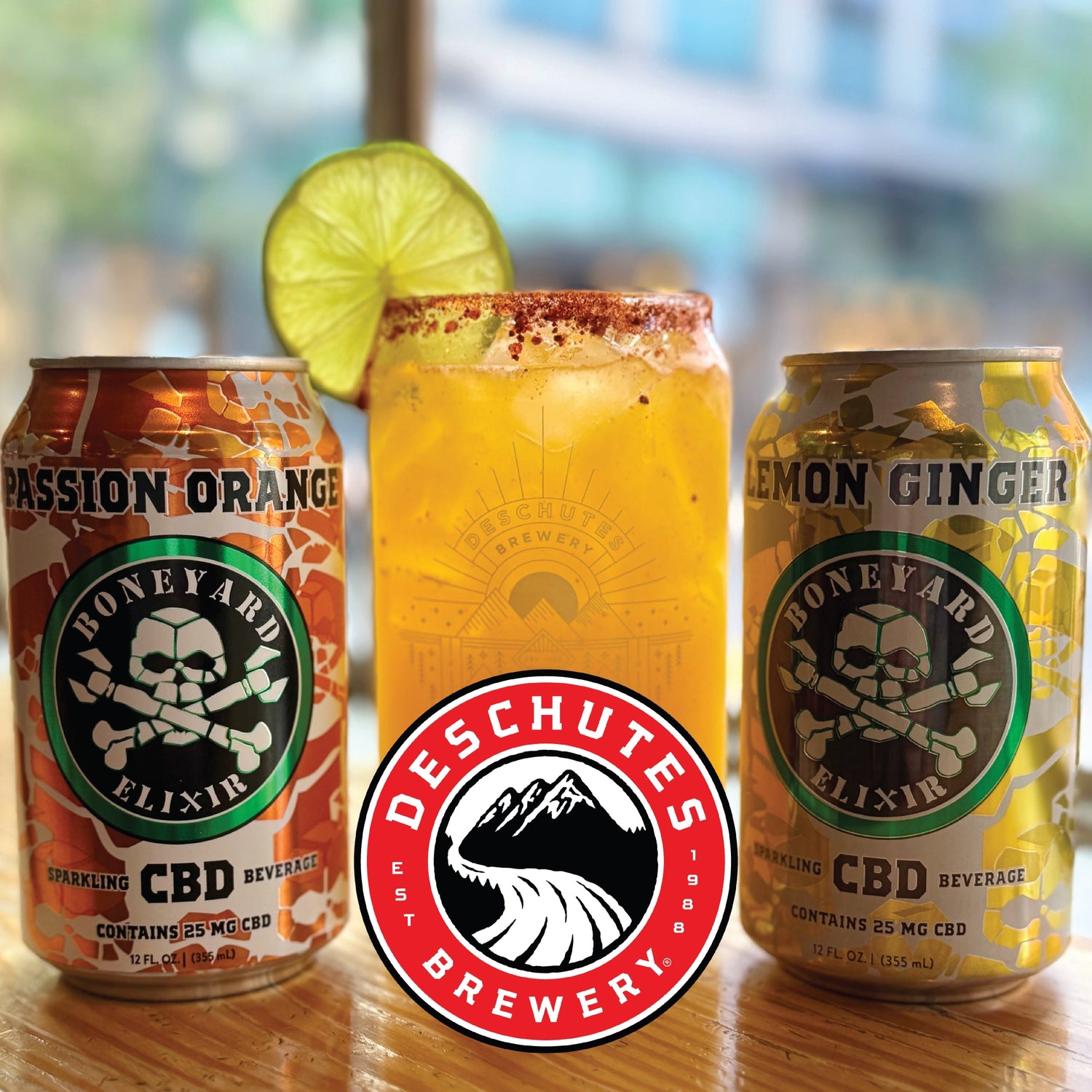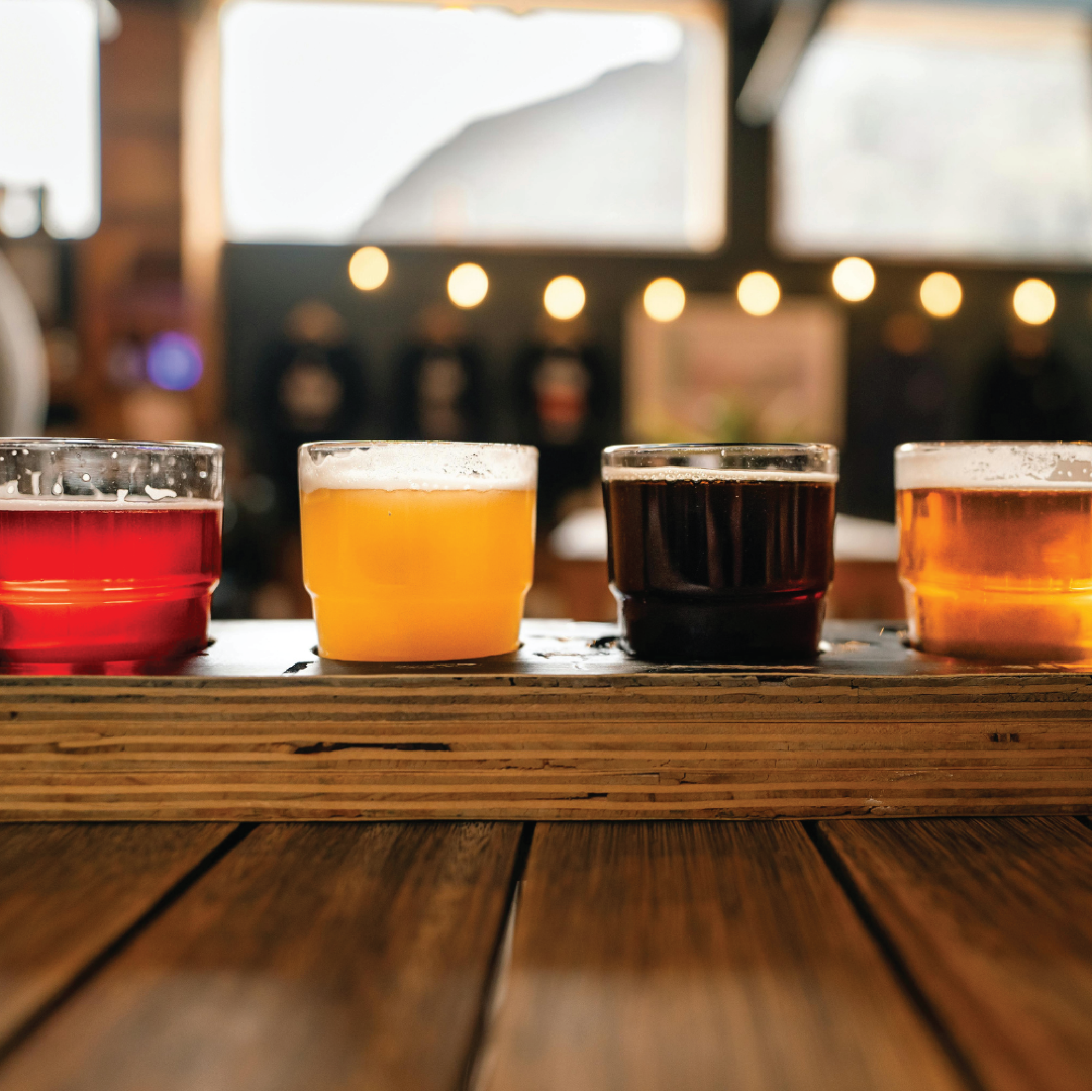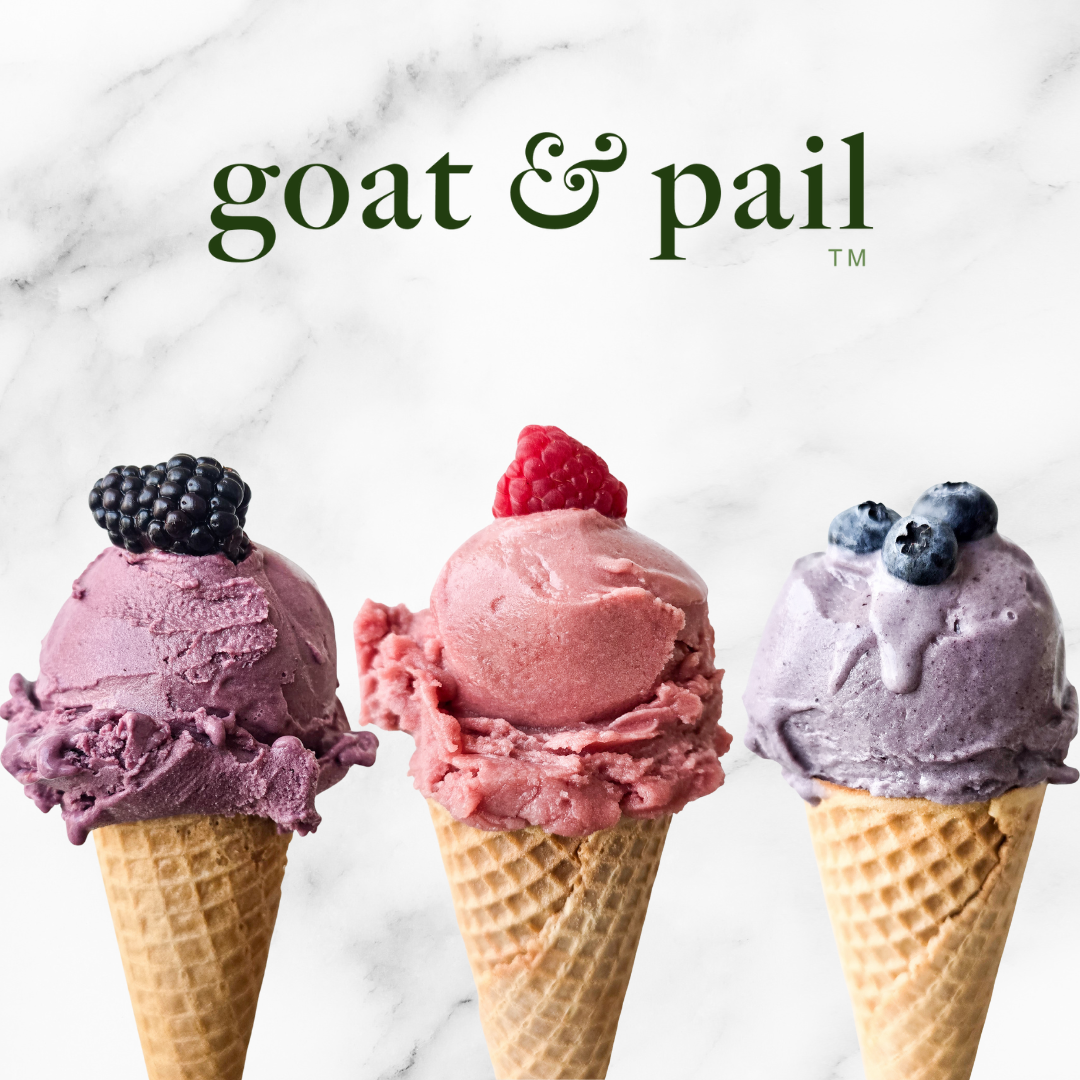How Deschutes Brewery Is Leading the Charge in Non-Alcoholic Beer and Next-Gen Beverage Trends
The craft beverage landscape is shifting. With alcohol sales softening, consumer preferences changing, and “better-for-you” options on the rise, breweries offering non-alcoholic (NA) options are setting themselves up for long-term success. One of the most prominent examples? Deschutes Brewery, an Oregon pioneer that’s investing heavily in non-alcoholic beer, zero-proof cocktails, and beyond.
We sat down with Ben Kehs, Innovation Brewing Manager, and Kitra Musick, Executive General Manager at Deschutes’ Bend Public House, to discuss how they’re navigating this new era — and what other brewers can learn from their approach.
Brewing Non-Alcoholic Beer That Tastes Like Beer
For Deschutes, non-alcoholic beer isn’t a side project — it’s a strategic growth platform. A few years ago, the brewery partnered with Sustainable Beverage Technologies (SBT) in Golden, Colorado, whose proprietary alcohol-removal process preserves the full body, flavor, and mouthfeel of beer.
They began by brewing under contract at Sleeping Giant Brewing, where SBT handled alcohol removal, and launched Black Butte Non-Alcoholic Porter — an NA version of their flagship beer.
Since then, Deschutes has brought that process in-house. Their custom alcohol-removal system came online in early 2024, allowing them to scale their NA portfolio quickly. Today, the lineup includes:
- Black Butte NA – the non-alcoholic version of their iconic porter
- Fresh Squeezed NA IPA – a hop-forward classic without the ABV
- Super Stoked NA Golden – a crisp, light lager built for sessionability
- Organic Golden Ale (Patagonia Collaboration) – brewed with Kernza®, a perennial deeprooted wheatgrass
- Patagonia IPA and Fresh Haze NA – expanding the NA IPA category
“We saw the opportunity early,” Ben says. “The demand was there, and we knew we could deliver a high-quality product that delivers the craft beer experience.”
Why Their Approach Stands Out
There are many ways to make non-alcoholic beer — from arrested fermentation and specialized yeast strains to vacuum distillation. Deschutes chose membrane separation, a method that gently removes alcohol while preserving the character of the original beer.
“Our goal was to match our legacy beers as closely as possible,” Ben explains. “This process keeps the malt profile and hop aroma intact — which is exactly what beer drinkers are looking for.”
While Deschutes hasn’t yet released a fruited NA beer, they’ve built the infrastructure to do so. A new tunnel pasteurizer ensures shelf stability and safety — key considerations for any brewer entering the NA category.
Pro tip from Ben: “No matter how you approach it, make sure your product is safe. Review the Brewers Association’s guidelines on non-alcoholic production and build safety checks into every stage of your process.”
Expanding Beyond Beer: Diversifying the Craft Beverage Portfolio
For breweries offering non-beer options, the opportunity doesn’t stop at NAs. Deschutes is also exploring adjacent categories — including flavored malt beverages (FMBs) — to future-proof its business.
They’ll relaunch their Hard Lemonade in 2026 with broader distribution, building on a successful pilot run. Deschutes’ Hard Lemonade is made with Oregon Fruit’s real lemon puree — the key to its bright, authentic citrus flavor. Why branch into flavored malt beverages? Because the writing is on the wall: beer sales are down, shelf space is shrinking, and breweries must diversify to grow.
“There’s a chance to do in the FMB space what we did in craft beer in 1988,” Ben says. “It’s about bringing craft quality to new beverage formats.”
Inside the Taproom: Zero-Proof Cocktails, Kombucha, and CBD
The innovation doesn’t stop in the brewhouse. At their Bend Public House, Deschutes is redefining the taproom experience with a thoughtful, craft-forward zero-alcohol beverage program.
“Our philosophy is simple — we want to offer something exciting for guests who aren’t drinking,” says Kitra. “That means drinks built from the ground up, not just sodas or juices.”
Their zero-proof cocktail menu is crafted with premium bitters, housemade syrups and shrubs, and sparkling mixers like soda water, tonic, and ginger beer. The result: drinks with balanced flavor, viscosity, and complexity — without the alcohol.
Deschutes also partners with Humm Kombucha, a fellow Bend-based producer, to offer probiotic-rich kombucha, and with Boneyard to serve popular CBD elixirs. All of these additions reflect a larger trend toward wellness-focused, functional beverages — and customers have responded enthusiastically.
“Fruit-forward, nostalgic flavors are resonating,” Kitra notes. “And variety is key. Our guests love having options.”
What Brewers and Bar Owners Can Learn
Deschutes’ success in the non-alcoholic space offers key lessons for breweries and beverage makers looking to expand their portfolios:
- Invest in quality – NA beer drinkers expect the same flavor and character as traditional beer.
- Prioritize safety and stability – From pasteurization to process validation, quality control is critical.
- Think beyond beer – Hard lemonades, kombucha, CBD drinks, and zero-proof cocktails open new revenue streams.
- Pay attention to beverage trends – Demand for low- and no-alcohol options is only growing, especially among younger consumers and wellness-focused demographics.
The Future of Craft: Versatility and Vision
The breweries that thrive in the next decade will be those that think bigger — not just about beer, but about beverage innovation as a whole. Deschutes Brewery’s journey shows how embracing non-alcoholic beer, following emerging beverage trends, and diversifying into new categories can create long-term resilience and relevance.
From membrane-separated NA IPAs to housemade zero-proof cocktails, Deschutes isn’t just responding to change — they’re helping shape the future of craft.




